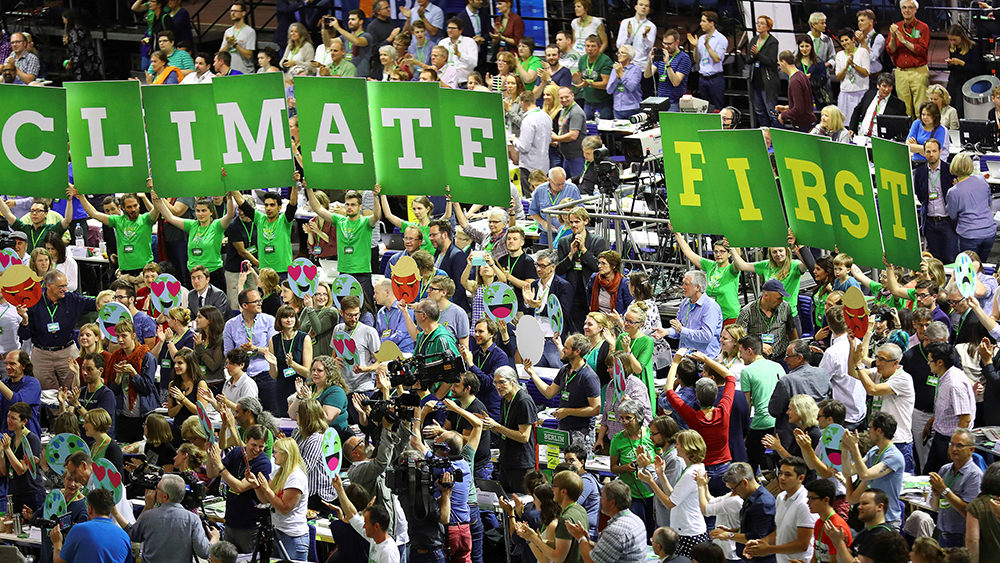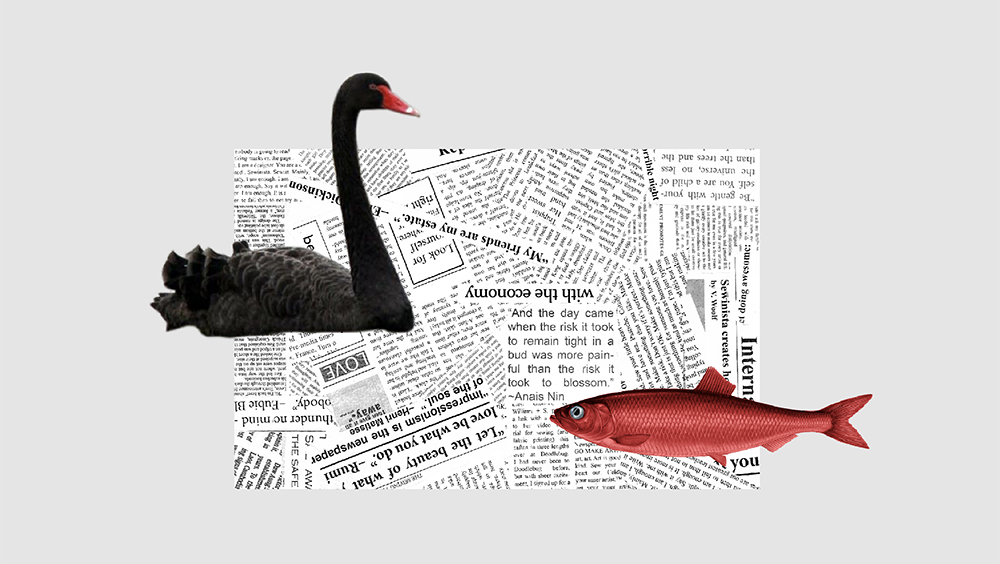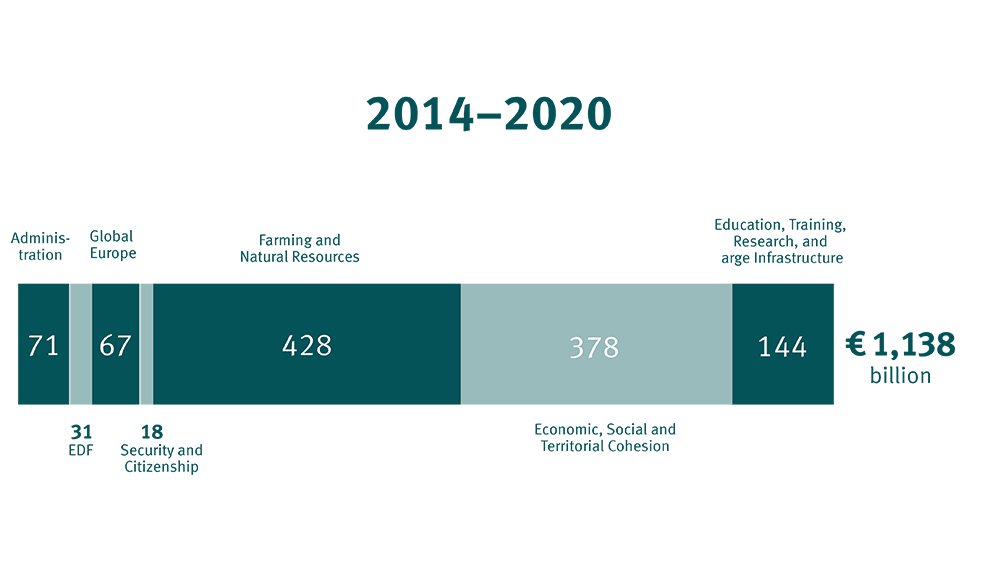Berlin Policy Journal
International affairs from the heart of Europe
International affairs from the heart of Europe
The nations of Eastern Europe all have their own versions of populist politics.
Instead of complaining, Germany and others need to back up the European Central Bank by investing in infrastructure and technology.
Some sectors could quickly take action to reduce CO2 emissions. But heavy industry has already done much of the easy stuff.
Washington is escalating its campaign to contain China by blacklisting technology firms. It’s not clear if Europe is prepared to follow suit.
Emmanuel Macron is trying to mend fences with Rome.
As aide to Czechoslovakia’s revolutionary leader Václav Havel and
two-time foreign minister (2007–09 and 2010–13), Karel Schwarzenberg has had a ringside view of Europe’s imperfect.
Gerhard Schroeder’s chancellorship shapes SPD foreign policy thinking to this day―and that is a good thing.
The former French finance minister and IMF chief s likely to continue Mario Draghi’s loose monetary policy, disappointing many Germans.

The Green Party’s core policies are global in nature, from protecting the environment to defending human rights and democracy. Acting through the EU is the basis of all Green foreign policy.

As the transatlantic relationship frays, thereʼs renewed talk of a return to German dominance in Europe. In fact, US withdrawal could have the opposite effect, as Franceʼs military might become more important.
A flurry of AI ethics guidelines have been published this year, by the EU, the OECD, and Beijing. But there are many stumbling blocks ahead before binding rules can be implemented.
Portugal’s government has defied the skeptics and made a success of its uneasy alliance of left-wing parties. But not everyone has benefited. Just a …

Although it was largely absent from the European election campaign, the negotiations over the next so-called Multiannual Financial Framework (MFF)— the EU’s budget—will take …
The post-1989 period brought unique economic success to Central and Eastern Europe. The next generation must update this model. For the West, reengagement is needed.
Boris Johnson appears to have painted the United Kingdom—and himself—into a corner. A no-deal Brexit and an election loom.
In a divided Poland, the trajectory of liberal democracy over the past 30 years is seen as a success by the liberal left. The ruling national conservatives have a very different narrative.

